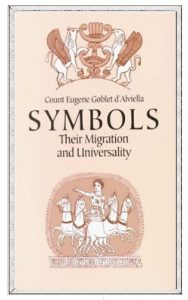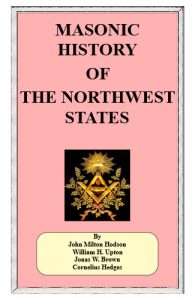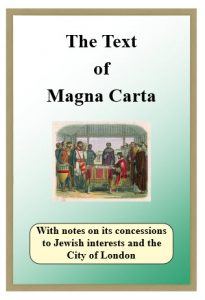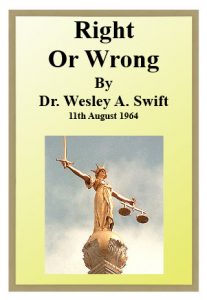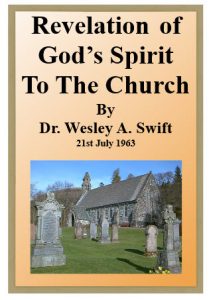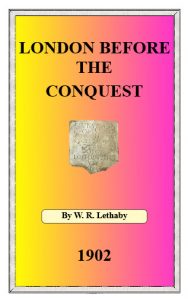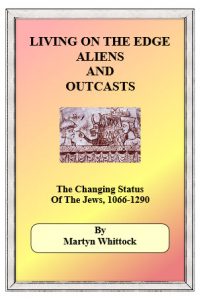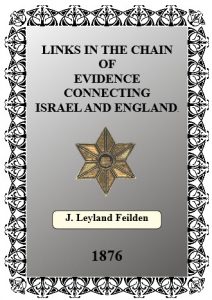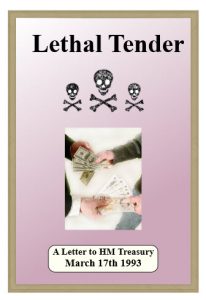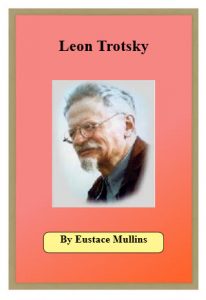FEW words have acquired such a wide signification as the word symbol. Originally applied, amongst the Greeks, to the two halves of the tablet they divided between themselves as a pledge of hospitality — in the manner of our contract forms, detached along a line of perforations from the counterfoil record — it was gradually extended to the engraved shells by which those initiated in the mysteries made themselves known to each other; and even to the more or less esoteric formulas and sacramental rites that may be said to have constituted the visible bond of their fellowship. At the same time its meaning was so amplified as to include on the one hand oracles, omens, and every extraordinary phenomenon that could be passed off as a warning from the gods, and on the other, military pass-words, badges of corporate bodies, tokens of attendance, and pledges of every kind, from the wedding ring, to the ring deposited before partaking of a banquet as an earnest for the due payment of one’s share of it. In short the term came to gradually mean everything, that whether by general agreement or by analogy, conventionally represented something or somebody.
A symbol might be defined as a representation which does not aim at being a reproduction. A reproduction implies if not identify with, at least similitude to, the original; but a symbol only requires that it shall have certain features in common with the object represented, so that, by its presence alone, it may evoke the conception of the latter, as is the case with a missile weapon and lightning, a sickle and harvest-time, a ring and marriage, a pair of scales and the idea of justice, kneeling and the sentiment of submission, and so forth.
By symbolism the simplest, the commonest objects are transformed, idealized, and acquire a new and, so to say, an illimitable value. In the Eleusinian mysteries, the author of Philosophoumena relates that, at the initiation to the higher degree, “there was exhibited as the great, the admirable, the most perfect object of mystic contemplation, an ear of corn that had been reaped in silence. The scrap of cloth which, in ordinary circumstances, we discard as a rag, at the top of a staff sums up all the aspirations included in the idea of ones country; and two crossed lines suffice to recall to millions of Christians the redemption of the world by the voluntary sacrifice of a god.
We live in the midst of symbolical representations, from the ceremonies celebrating a birth to the funereal emblems adorning the tomb; from the shaking of hands all round of a morning to the applause with which we gratify the actor, or lecturer, of the evening; from the impressions figuring on the seal of our letters to the bank notes in our pocket-book. The pictorial and plastic arts are naught else but symbolism, even when they claim to adhere to the servile imitation of reality. We write, as we speak, in symbols; and it is in symbols again that we think, if those schools of philosophy are to be believed which affirm our powerlessness to perceive things in themselves. The philosophy of evolution goes the length of proclaiming, through the organ of its founder, that the conception of force, to which it refers all phenomena, is simply the symbol of an unknown and unknowable Reality. Herbert Spencer even adds, in the most explicit terms, that it will always be permissible for us to picture to ourselves that Reality by concrete symbols, so long as we do not regard them as resemblances of that for which they stand.
